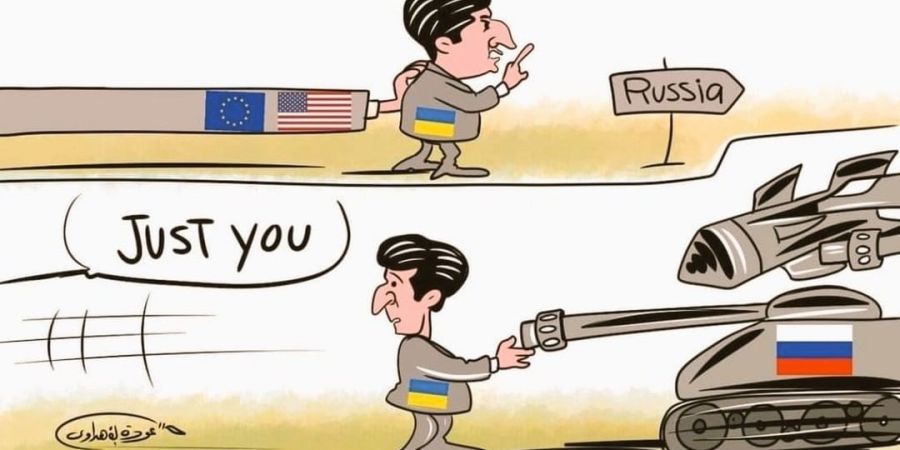

Russia targets full control of south
Russian forces initially made rapid gains in the south, with their main objective being the creation of a land corridor between Crimea, which it annexed in 2014, and areas held by Russianbacked separatists in Donetsk and Luhansk.
But strong resistance from Ukrainians forces near Mykolaiv in the west and in Mariupol in the east significantly slowed Russian advances.
Map showing how Russian forces have moved in on Mariupol
The port city of Mariupol, which has been encircled since the start of March, is now mostly under the control of Russian forces although several hundred Ukrainian troops remain in the Azovstal metal works factory in the south of the city.
Russian forces have blockaded the sprawling industrial complex and are continuing their aerial bombardment of it, but no attempt has been made yet to clear Ukrainian troops from a network of tunnels beneath the factory.
Russia has been accused of war crimes for its intense shelling of the city, with the local mayor saying at least 20,000 civilians have been killed. Over 100,000 people remain trapped in the city.
After the expulsion of pro-Russian President Viktor Yanukovych in February 2014 due to Euromaidan protests and revolutions, pro-Russian anxiety broke out in parts of Ukraine. Russian soldiers without an insignia seized strategic positions and control of infrastructure in the Ukrainian territory of Crimea and seized the Crimean parliament. Russia has organized a widely criticized referendum and Crimea has joined Russia. Then it annexed Crimean. In April 2014, a demonstration by a pro-Russian group in the Donbas region of Ukraine escalated into a war between the Ukrainian army and Russian-backed separatists from the self-proclaimed Donetsk and Luhansk republics.
In August 2014, an unmarked Russian military vehicle crossed the border into the Donetsk Republic. [21] The undeclared war began between separatists mixed with one Ukrainian army and the other Russian army, but Russia sought to hide its involvement. The war evolved into a static conflict in which attempts to ceasefire repeatedly failed. In 2015, the Minsk II Agreement was signed by Russia and Ukraine, but many controversies prevented their full implementation. As of 2019, 7% of Ukraine is classified as a region temporarily occupied by the Ukrainian government.
At the beginning of 2021 and 2022, there was a large Russian military buildup around the Ukrainian border. NATO accused Russia of planning an invasion, but denied it. Russian President Vladimir Putin criticized NATO enlargement as a threat to his country and called for Ukraine to be barred from joining the military alliance. He also expressed the view of Russian irredentists, questioning Ukraine's existing rights and falsely claiming that Ukraine was created by Soviet Russia. On February 21, 2022, Russia officially approved two self-proclaimed separatist nations in Donbus and openly deployed troops in the area. Three days later, Russia invaded Ukraine. Many in the international community have accused Russia of acting in Ukraine after the revolution, breaking international law and violating Ukraine's sovereignty. Many countries have imposed economic sanctions on Russia, Russian individuals or businesses, especially after the 2022 invasion. [22]


